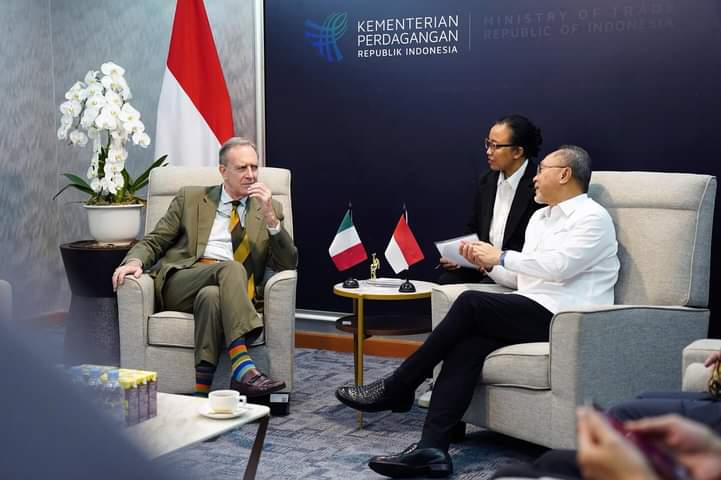Protecting Domestic Industries: Indonesia’s Stance on Anti-Dumping Duties
YOGYAKARTA, RAKYAT NEWS- Indonesia reaffirms its commitment to safeguarding domestic industries through the implementation of safeguard duties and anti-dumping tariffs, according to Trade Minister Zulkifli Hasan.
These measures, known as BMTP and BMAD, can be enforced if imports surge significantly over three consecutive years, posing a threat to local production.
BMTP stands for “Bea Masuk Tindak Pengamanan,” which translates to Safeguard Import Duty in English. It refers to a type of import duty that a country can impose temporarily on certain products to protect its domestic industries from sudden increases in imports that may cause serious injury to local producers. The purpose of BMTP is to provide a breathing space for domestic industries to adjust and become competitive without being overwhelmed by foreign competition.
BMAD stands for “Bea Masuk Anti-Dumping,” which translates to Anti-Dumping Import Duty in English. Anti-dumping duties are tariffs imposed by a country on imports that are priced below their fair market value or below the cost of production, which can harm domestic producers. These duties are intended to counteract the effects of dumping, which occurs when foreign manufacturers export goods to another country at prices lower than what they charge in their own domestic market or below their cost of production. The imposition of BMAD aims to protect domestic industries from unfair competition and ensure a level playing field in international trade.
Minister Zulkifli emphasized that these duties are permissible under both Indonesian regulations and international trade laws, including WTO guidelines. The decision to impose such tariffs is based on assessments conducted by the Indonesian Trade Security Committee (KPPI), ensuring a fair and regulated approach.
Currently, KPPI is closely monitoring seven import commodities, including textiles, ceramics, electronics, and cosmetics. Should these imports continue to escalate and jeopardize domestic industries, they could face protective tariffs. Similarly, the Indonesian Anti-Dumping Committee (KADI) is evaluating scenarios for implementing anti-dumping duties.
“Should import volumes escalate to the detriment of local businesses, after careful evaluation, anti-dumping tariffs may also be imposed,” stated Minister Zulkifli.
These measures are part of Indonesia’s broader strategy to bolster local industries against unfair competition and ensure sustainable economic growth. (Uki Ruknuddin)


























Tinggalkan Balasan